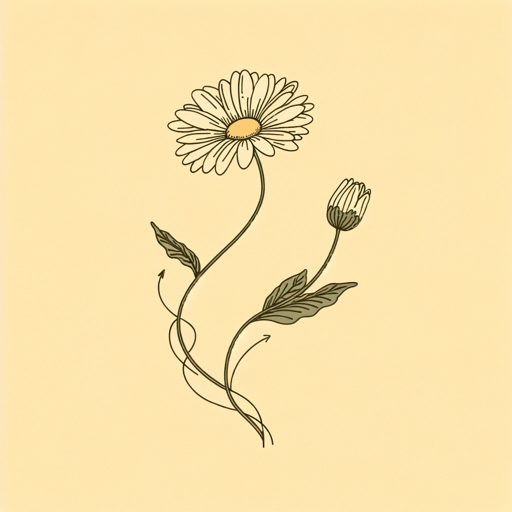46 pages • 1 hour read
Caitlin DoughtySmoke Gets in Your Eyes & Other Lessons from the Crematory
Nonfiction | Autobiography / Memoir | Adult | Published in 2013A modern alternative to SparkNotes and CliffsNotes, SuperSummary offers high-quality Study Guides with detailed chapter summaries and analysis of major themes, characters, and more.
Important Quotes
Content Warning: This section of the guide contains graphic descriptions of dead bodies; the cremation, embalming, and decomposition processes; deaths, including violent deaths, of babies, children, and adults; and suicide.
“Byron was far more than rotting meat. He was also a noble, magical creature, like a unicorn or a griffin. He was a hybrid of something sacred and profane, stuck with me at this way station between life and eternity.”
(Chapter 1, Page 11)
The way that Caitlin Doughty sees dead bodies is notable, even for a death worker. This respect and reverence she has for the dead informs many of the decisions she makes throughout her life and career and forms the foundation of her framework for thinking about death.
“How it would one day emerge after everything that could be recognized as Caitlin—eyes, lips, hair, flesh—was no more. My skull might be crushed too, fragmented by the gloved hand of some hapless twentysomething like me.”
(Chapter 1, Pages 16-17)
Doughty’s flippant way of talking about her eventual end is also very existential. She thinks a lot about what being dead will mean for her physical form, and at this point in her life, she has not achieved a Personal Acceptance of Death or overcome her fear of fragmentation.
“At Westwind, for what felt like the first time, I was seeing, smelling, feeling, experiencing. This type of encounter was an engagement with reality that was precious, and quickly becoming addictive.”
(Chapter 2, Page 24)
Taking part in death work opens Doughty’s eyes to the reality of death and helps her on her own journey toward a personal acceptance of death. She finds her proximity to the dead exhilarating and finds a new appreciation for her own life.

